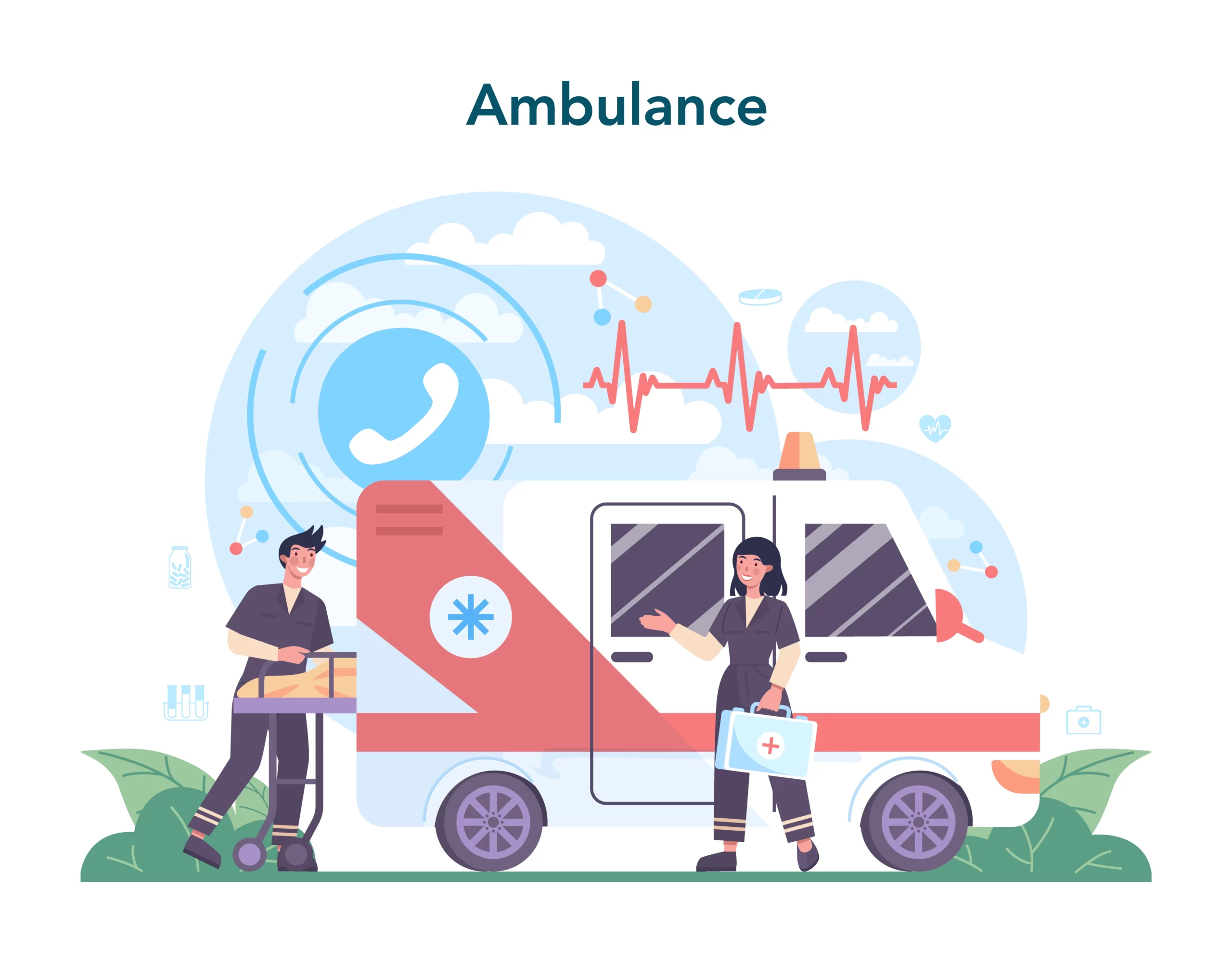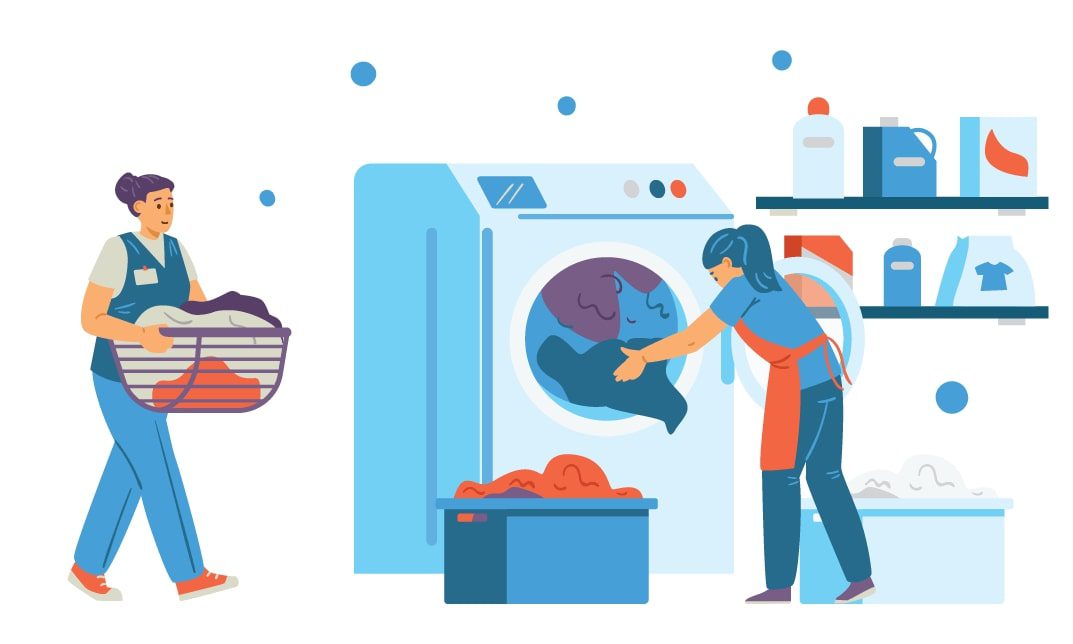No products in the basket.
If you work in London as a private hire driver, you’ve heard about TFL SERU evaluations. All TfL PCO Drivers in the London region must undergo these exams, which stand for Safety, Equality, Regulatory and Understanding. But what exactly is TFL SERU, and why is it so essential?
We’ll go over all you need to know about TFL SERU assessments. Including what they cover, what to expect during the assessment, and how to prepare for success, in this blog. So, if you want to flourish in the transportation sector, keep reading!
What is TFL SERU?
TFL SERU is a collection of evaluations to verify that commercial vehicles operating in London satisfy high standards for safety, equality, and regulatory compliance. The inspections are important for various commercial vehicle, including taxis, private hire cars, and delivery vehicle.
TFL SERU’s mission is to ensure that vehicles are safe for passengers and other road users, that drivers and operators follow all relevant legislation.
What Does TFL SERU Cover?
TFL SERU assessments cover various topics, from vehicle safety and maintenance to driver and operator compliance. Some of the key areas that TFL SERU assessors will look at include the following:
- Vehicle safety and maintenance, including checks of the vehicle’s condition and its safety features.
- Driver compliance with relevant regulations, including licensing and insurance requirements.
- Operator compliance with relevant regulations, including operating procedures, vehicle maintenance and inspection records, and equality and diversity policies.
- Customer service, including compliance with accessibility and equality standards for passengers.
- Knowledge of the area and local roads, including the ability to navigate and provide a safe and efficient service to passengers.
What Can You Expect During the TFL SERU Assessment?
The TFL SERU assessment will require you to describe your knowledge and understanding of the relevant regulations and your ability to provide a safe and efficient service.
A trained assessor will conduct the assessment, which typically lasts around two hours. You will be asked to provide documentation and answer questions regarding your vehicle, driving experience, and compliance with the applicable regulations.
How to Prepare for a Successful TFL SERU Assessment
If you’re planning to take a TFL SERU assessment, there are some key steps you can take to prepare for success. Some preparation tips include: Reviewing the relevant regulations and guidelines for your type of vehicle and operation. Making sure your vehicle is in good condition and meets all safety requirements.
Reviewing your driving skills and experience and ensuring that you’re familiar with the local area and roads. Gathering any relevant documentation, including licenses, insurance certificates, and maintenance records. Practising customer service skills, including accessibility and equality standards. To make sure you’re prepared to provide the best possible service to passengers.
In conclusion, TFL SERU assessments are an important part of operating a commercial vehicle in London. By understanding the requirements, preparing, and demonstrating your knowledge and skills, you can set yourself up for success on the assessment day. Good luck!
How to Pass the Assessment
Hey, you already know that all Private Hire Drivers will need to complete their SERU examination with Transport for London at some stage. You are also aware of the SERU assessment’s two chances to pass. So, we’ve compiled a list of 5 top suggestions to assist you pass the SERU exam!
Go through the PHV Driver’s Handbook
Transport for London (TfL) has created a 52-page PDF that includes everything you need to know in order to pass the SERU examination.
I organized the PHV Driver’s Handbook into ten sections.
Commit to reading one part daily, which should take 30 minutes if you read carefully.
Take careful notes
It might have been a long since you had to study for an exam. But did you know that taking notes while learning might help you remember things better? Take notes while you read through the PHV Driver’s Handbook or complete an online SERU assessment course.
Use a highlighter if you have a printout of the PHV Handbook.
Talk about it with other drivers
Discussing something with others studying the same subject is one approach to ensure you’ve grasped it . When you get the opportunity, sit down with a fellow private hire driver and discuss the areas of the SERU evaluation you need help understanding.
Take a mock SERU exam
After reading the PHV Drivers Handbook or completing an online SERU assessment course, take a SERU Mock Test. We provide a SERU Mock Test timed exactly like the genuine SERU assessment. This will give you a clearer idea of what to expect and give you confidence. You will be able to finish and pass the SERU assessment.
Be well-prepared
Everything we’ve said up to this point has been about preparing for the SERU evaluation. But we want to emphasize a few points here. For example, if your English could be better and you find it difficult to understand the PHV driver manual. We recommend enrolling in an English course.
Local councils provide a variety of free English classes. Be honest with yourself; don’t squander your two chances to pass the SERU exam. Take an English class and then study the PHV driver’s manual if necessary.
The Importance of Inclusivity in TfL’s SERU Framework
Transport for London (TfL)’s Safety, Equality, and Regulatory Understanding (SERU) framework promotes inclusivity and accessibility for all customers, regardless of their abilities or backgrounds. This is a crucial aspect of TfL’s approach to providing safe, efficient, affordable transport services in Greater London.
Ensuring that transport services and infrastructure are accessible to all customers is not only a moral imperative, but it also has practical benefits. For example, it can increase the number of customers who use TfL’s services, improve customer satisfaction, and foster a more inclusive and diverse city.
Additionally, making transport accessible to all can help to break down barriers. Also promote greater social mobility, enabling people from all backgrounds to access education, employment, and other opportunities.
To promote inclusivity and accessibility, TfL has implemented several initiatives and measures. For example, TfL ensures that it equips its vehicles and stations with ramps, audio announcements, and braille signage to make them accessible to customers with disabilities.
TfL also provides information and support to customers with disabilities through its Travel Help service. Which provides one-to-one help for customers who need it.
In conclusion, promoting inclusivity and accessibility is a central aspect of TfL’s SERU framework. It is a key factor in ensuring that transport services in Greater London are safe, efficient, and affordable for all.
Health and Safety Benefits
Health and safety refer to measures taken to protect individuals’ well-being and physical safety in the workplace, home, or other environments. This includes preventing accidents and illnesses, reducing the risk of injury, and promoting healthy habits and conditions. The benefits of a strong focus on health and safety are many and can have a positive impact on many aspects of life, including:
- Improved physical well-being: By promoting safe working conditions and reducing the risk of injury, individuals are more likely to keep good health and avoid physical harm.
- Reduced stress and anxiety: A focus on health and safety can help to reduce stress and anxiety in the workplace by providing a safer, more secure environment.
- Increased productivity: By reducing the risk of accidents and illnesses, workers can be more productive and focused on their tasks.
- Lower costs: A strong focus on health and safety can help reduce costs by reducing the number of work-related accidents and illnesses and reducing the need for costly legal proceedings.
- Improved reputation:Companies and organizations prioritising health and safety can enjoy a positive reputation, which can help attract new employees and customers.
- Legal compliance: Adhering to health and safety regulations and standards can help organizations to avoid legal penalties and fines.
Focusing on health and safety can improve physical well-being, reduce stress and anxiety, increase productivity, lower costs, improve reputation, and ensure legal compliance.
SUMMARY
Transport for London (TfL)’s Safety, Equality, and Regulatory Understanding (SERU) is a framework. That outlines the organization’s approach to ensuring the safety and well-being of all its customers, employees, and stakeholders.
It sets out TfL’s commitment to promoting equality and diversity. To regulating its services and activities in a responsible and transparent manner.
SERU defines TfL’s safety standards and policies and outlines the measures. It takes to reduce the risk of accidents and incidents. Such as regular safety audits and inspections, employee training, and collaboration with emergency services.
It also outlines TfL’s commitment to promoting equality and diversity. Such as by ensuring that its services and infrastructure are accessible to all customers, regardless of their abilities or backgrounds.
SERU outlines TfL’s approach to ensuring that its services and activities adhere to relevant laws and regulations in terms of regulation. This encompasses various aspects, such as health and safety legislation and data protection regulations.
It involves conducting regular compliance checks and audits, as well as collaborating with regulatory bodies to ensure proper regulation of TfL’s services and activities.
Did we leave anything out?
We strive to make this post a complete overview of traffic-related problems and remedies.
Please let us know in the comments quoted; we value your feedback.
FAQs
Why is the TfL SERU Assessment Required?
The Transport for London SERU Assessment is required for anyone seeking employment in London transportation. Because it ensures that potential employees have the necessary skills and knowledge. To handle emergency situations and ensure passenger safety.
What are the topics covered in the TfL SERU Assessment?
Transport for London SERU Assessment topics include emergency response procedures, customer service, and transportation regulations.
How is the TfL SERU Assessment Conducted?
The Transport for London SERU Assessment is usually given on a computer and involves a variety of situations and questions.
How Long Does the TfL SERU Evaluation Take?
The Transport for London SERU Assessment takes approximately 30 minutes to complete.
How is TfL's SERU Assessment graded?
The Transport for London SERU Assessment is graded based on the number of right answers. A passing score is usually necessary for work in London's public transportation system.
Is it necessary to prepare for the TfL SERU Assessment?
Yes, you should prepare for the Transport for London SERU Assessment by being familiar with the exam style and content. As well as practicing emergency response protocols and customer service skills.
What Happens If You Fail the TfL SERU Assessment?
If you fail the Transport for London SERU Assessment, you may be unable to work in public transit in London.
If the Transport for London SERU Assessment fails, may it be retaken?
Yes, the TfL SERU Assessment can be retaken if failed, although the frequency of retakes may be limited.
What is the TfL SERU Assessment's Purpose?
The Transport for London SERU Assessment is designed to assess potential transportation sector employees' situational awareness and emergency response abilities, as well as to ensure passenger safety.
Is the TfL SERU assessment consistent across all jobs?
The Transport for London SERU Assessment may differ depending on the type of job sought.
The evaluation for a bus driver, for example, may differ from the assessment for a train operator.
How Is the Transport for London SERU Assessment Given?
The frequency of TfL SERU Assessments may vary based on the transportation company's recruiting needs.
Is the TfL SERU Assessment offered in several languages?
Depending on the demands of the transportation firm and the potential employee. The Transport for London SERU Assessment may be provided in many languages.





